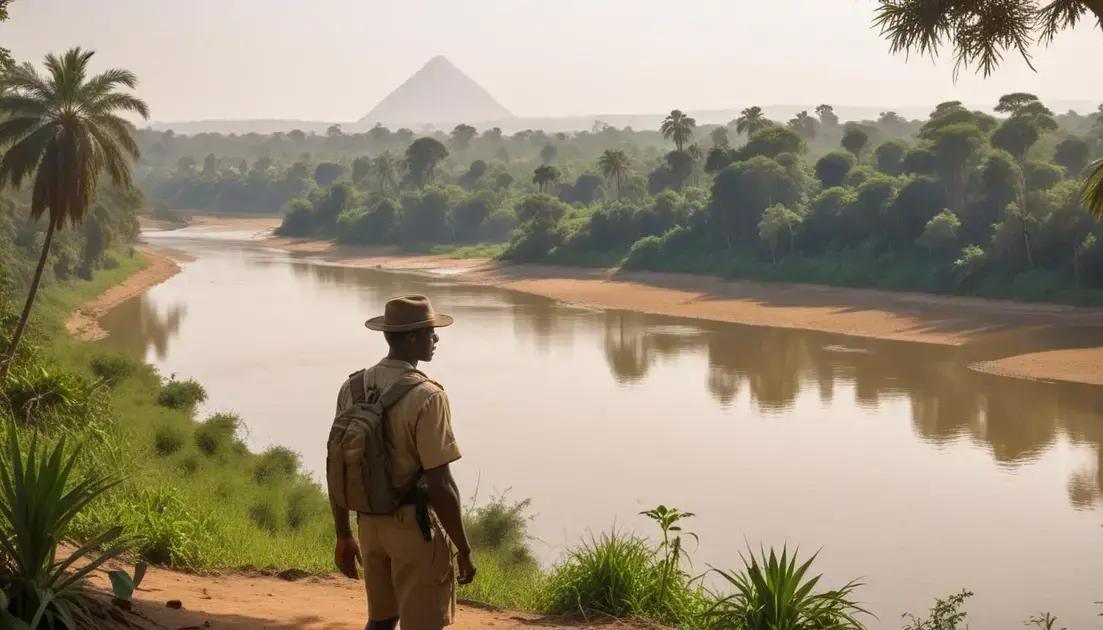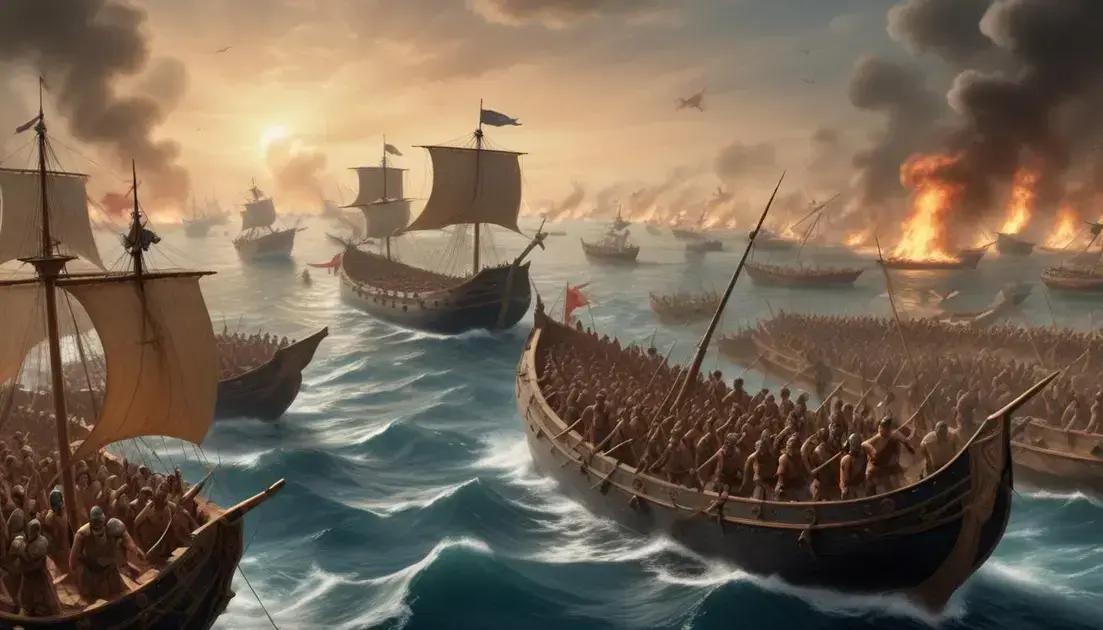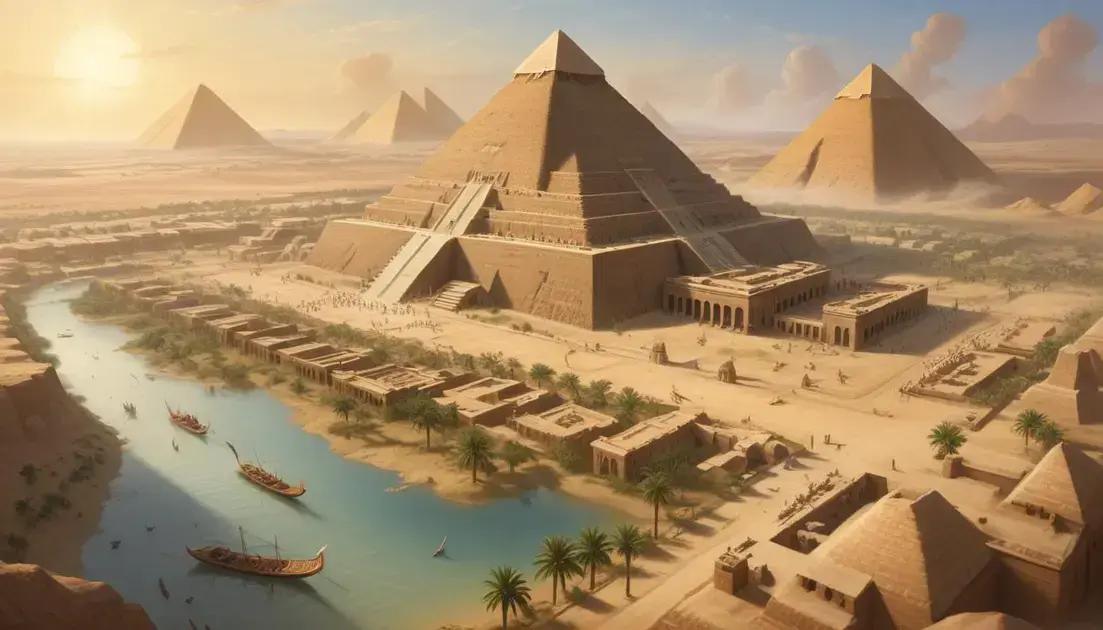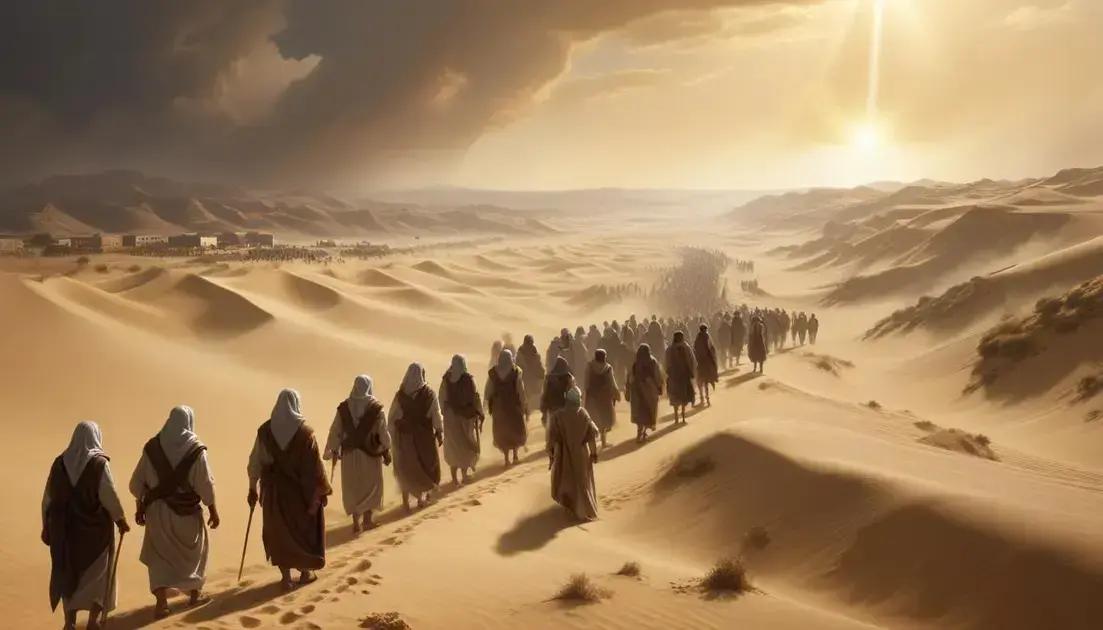
The Race for the Nile: Empire, Science and Mystery
The quest for the Nile involved explorers driven by scientific curiosity and colonial ambitions, leading to significant discoveries and changes in Africa. Explorers like John Hanning Speke and Richard Francis Burton faced numerous challenges while collecting valuable data on geography, climate, and local cultures. Their findings contributed to European interests in African territories, illustrating the complex relationship between exploration and colonization. Understanding this historical context helps appreciate the enduring impact of such explorations on global connections today.
Curious about the legendary Nile? This river has been more than just a waterway; it’s a symbol of exploration, ambition, and power.
The Quest for the Nile’s Source
The quest for the Nile’s source has captivated explorers for centuries. Many believed this river held secrets waiting to be uncovered. Explorers like John Hanning Speke and Richard Francis Burton embarked on thrilling journeys into Africa’s heart.
The Explorers and Their Adventures
These adventurers faced daunting challenges. They navigated dense jungles and crossed dangerous rivers. Many battles with wild animals and unfamiliar tribes occurred. Each man had his reasons for seeking the Nile. They wanted glory, fame, and to make scientific discoveries.
The Science Behind the Search
Exploration wasn’t just about adventure; it was also a quest for knowledge. These explorers collected samples of plants and animals. They documented their findings to help scientists and scholars back home. Their reports opened up a new understanding of Africa’s rich biodiversity.
The Political Aspects
The search for the Nile was about more than just exploration. It reflected the thirst for colonial power. European countries wanted to claim African territories. This ambition drove explorers deep into the continent, often leading to conflicts and treaties that shaped Africa’s future.
Today, the Nile remains a symbol of historic exploration. It reminds us of the bravery and spirit of those who dared to discover its mysteries. Their quests echo through history, inspiring new generations to explore and learn.
The Role of Science in Exploration
Science played a crucial role in exploration, especially during the search for the Nile. Explorers didn’t just wander aimlessly; they used scientific methods to guide their journeys. They made observations about the land and its people.
Mapping and Navigation
Maps were vital for explorers. They relied on maps to navigate through unknown territories. However, many maps were incomplete or inaccurate. Explorers used instruments like compasses and sextants to find their way. These tools helped them calculate their positions on land and at sea.
Studying Climate and Geography
Understanding the climate was another important aspect. Explorers studied weather patterns to plan their expeditions. They took note of rainfall, temperatures, and seasonal changes. This knowledge helped them choose the right timing for their journeys.
Collecting Information
Explorers gathered samples of plants, animals, and minerals. They documented what they found and brought it back home. This information was crucial for scientists and historians. It painted a picture of the regions they explored.
By sharing their findings, these explorers contributed to science. Their accounts broadened everyone’s understanding of the world. This spirit of inquiry continues to inspire modern exploration.
Colonial Ambitions in Africa
Colonial ambitions in Africa shaped many explorers’ journeys, especially during the quest for the Nile. European countries wanted to expand their empires. They believed controlling the Nile would mean controlling the heart of Africa.
The Race for Power
Different nations raced to claim land. Britain, France, and Belgium set their sights on Africa. Each country wanted to establish colonies to gain resources and wealth. This competition often led to conflicts and deals behind closed doors.
Explorers as Agents of Change
Explorers became key players in this quest. They reported back with maps and findings that sparked interest at home. Their stories fueled the desire for more exploration and colonization.
Impact on Local Communities
Colonial ambitions didn’t just change maps; they affected lives. Many African communities faced disruption. New borders ignored local cultures and traditions. People were often forced to adapt to foreign systems.
The push for colonization changed Africa’s landscape forever. It’s important to remember the impacts of these ambitions. They still resonate today in several ways.
Conclusion
In conclusion, the quest for the Nile significantly shaped history and exploration. Explorers driven by scientific curiosity and colonial ambitions brought countless changes to both Africa and Europe. Their journeys highlight the mix of adventure and ambition that characterized this era.
Understanding these influences can help us see how exploration changed the world. The Nile represents more than just a river; it symbolizes the spirit of curiosity and the quest for knowledge. Even today, the impact of these explorations can be felt in our global connections.
By learning from the past, we can appreciate the complexities of exploration and its effects on cultures. The stories of those who sought the Nile remind us of the enduring human desire to explore the unknown and seek new horizons.


